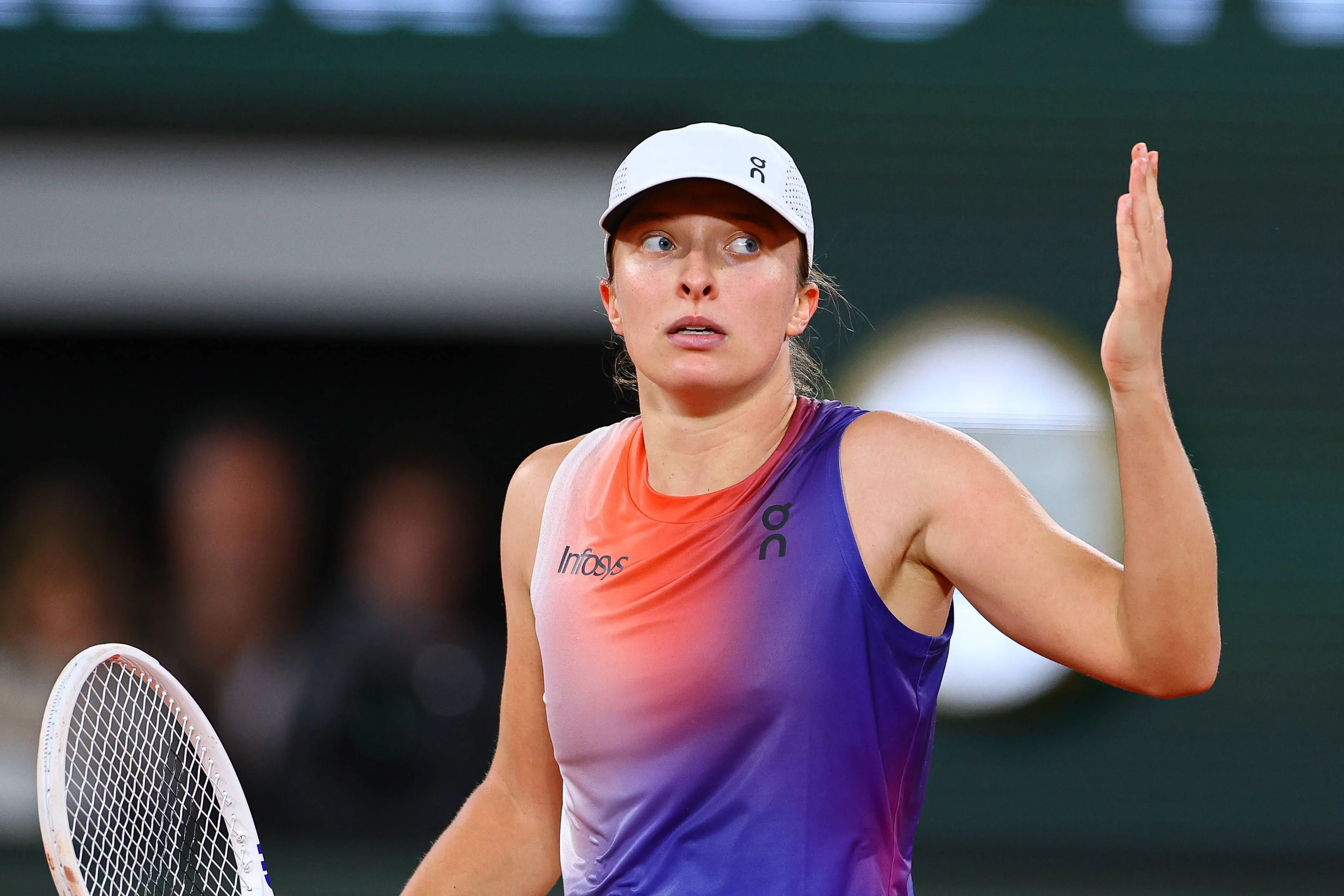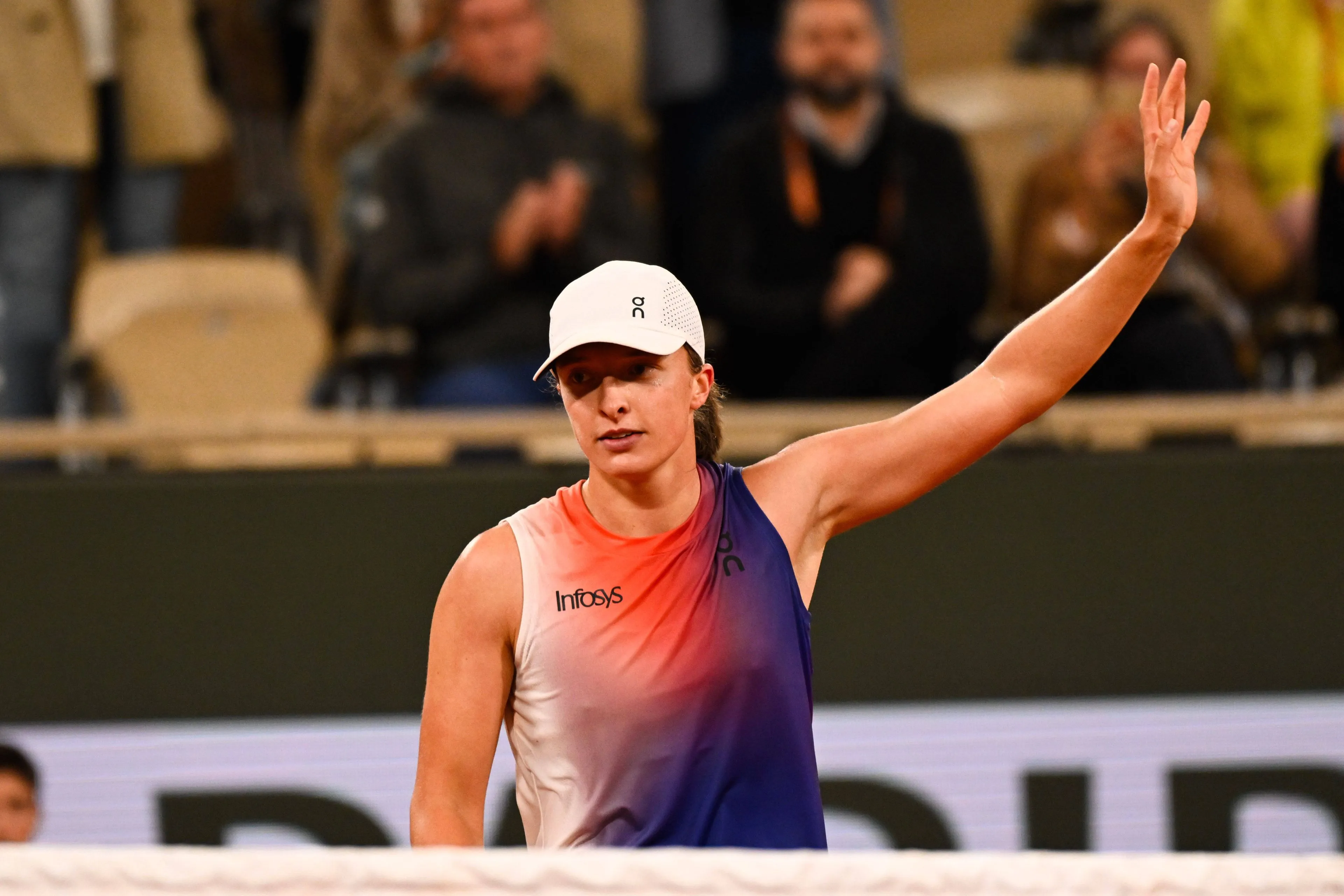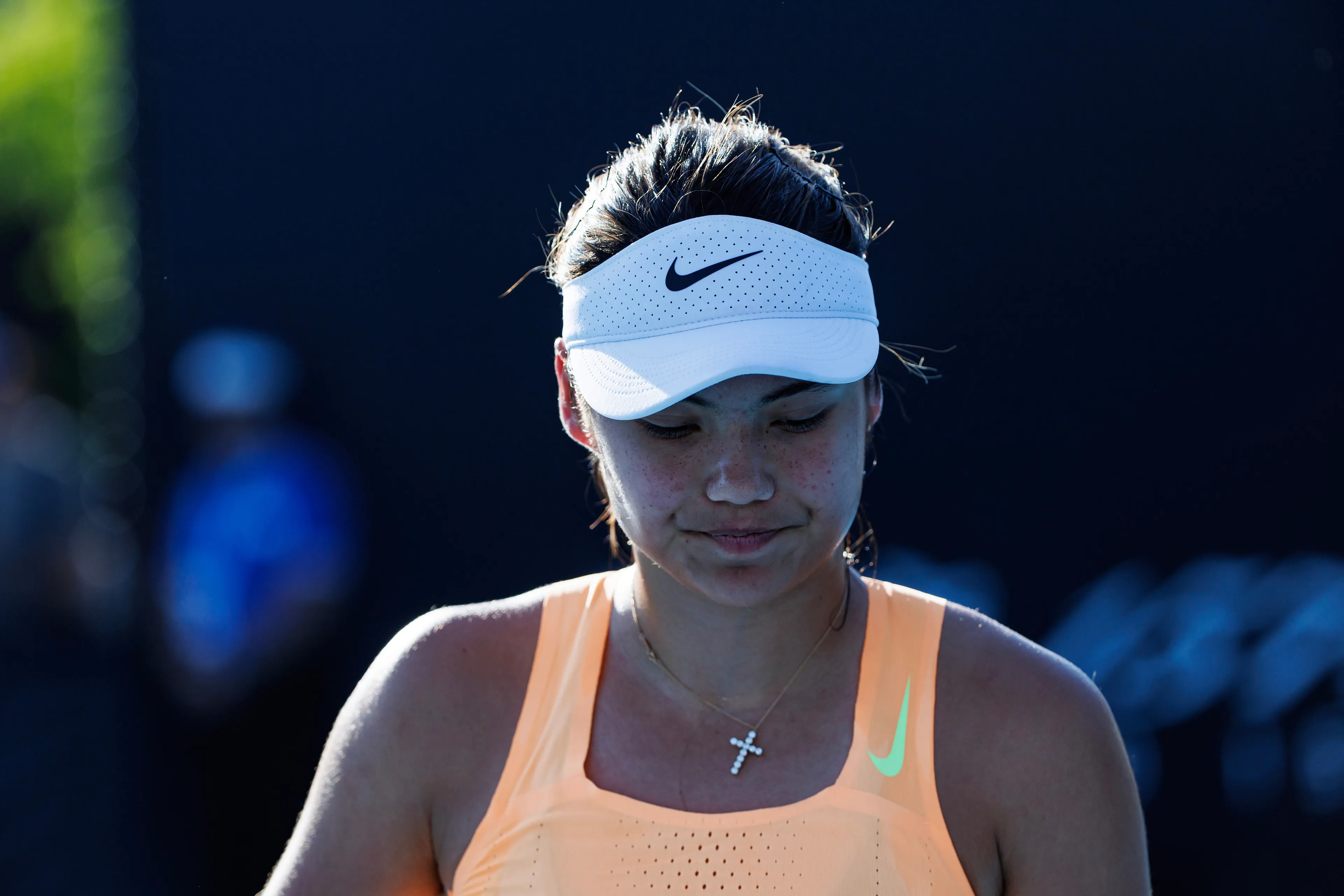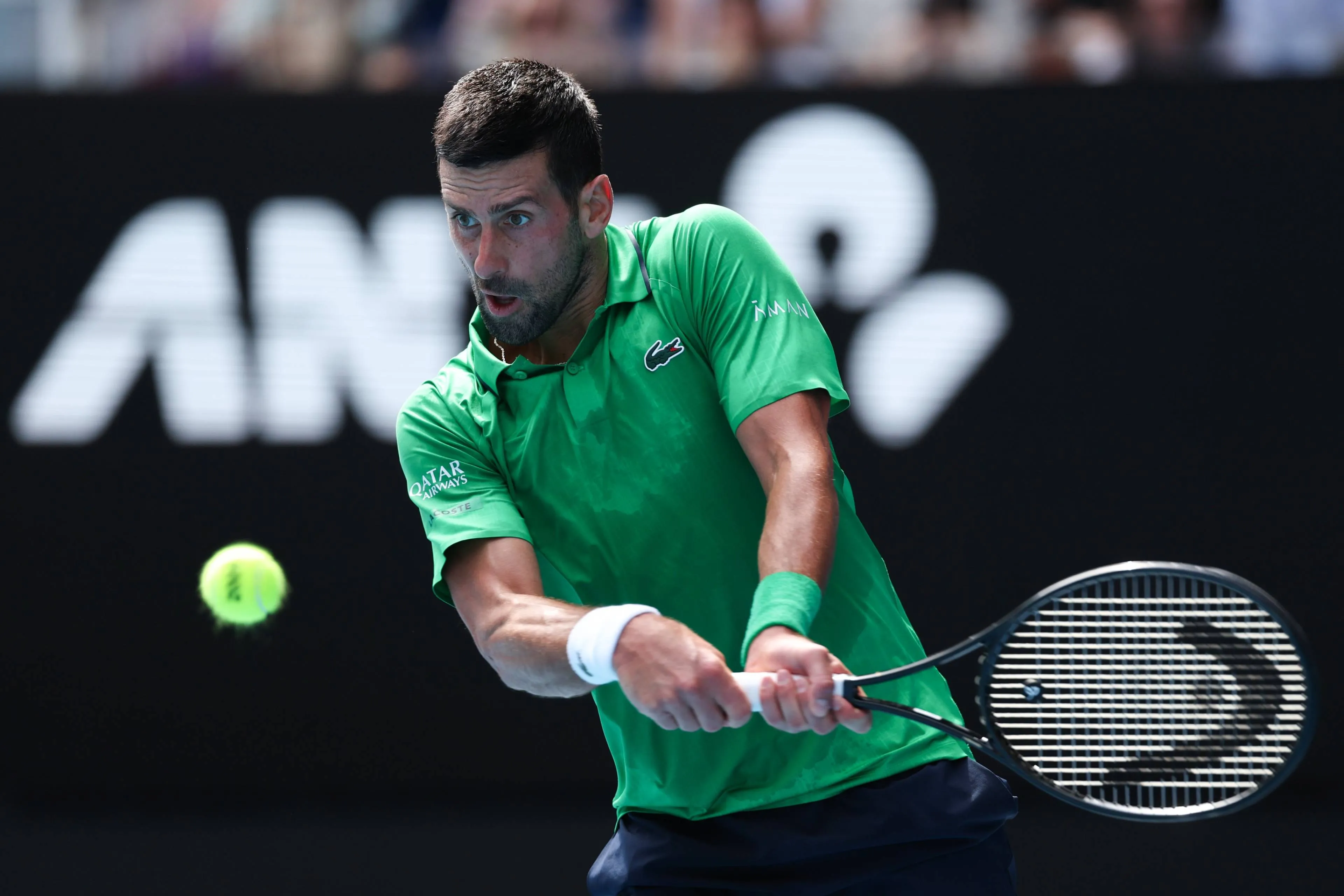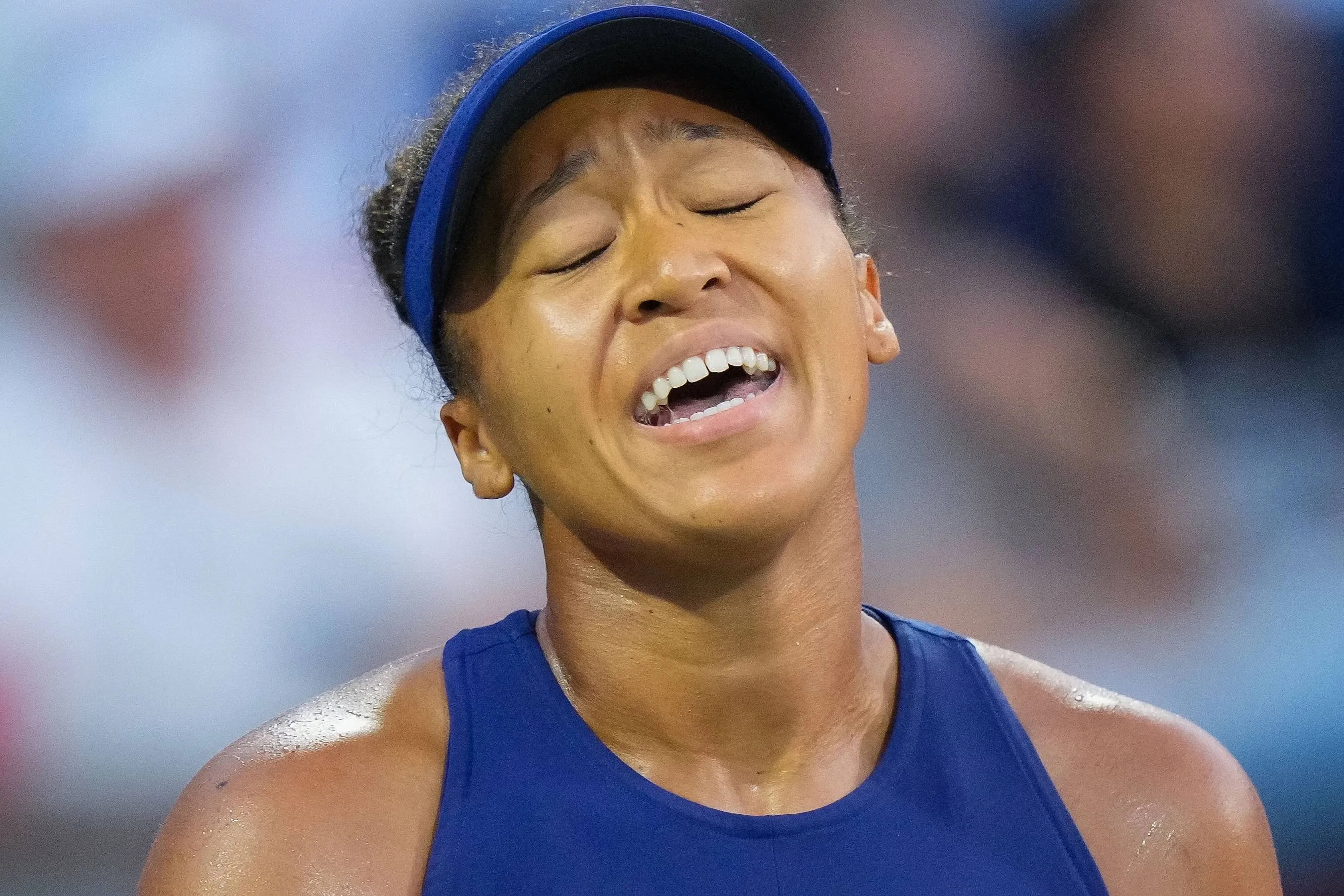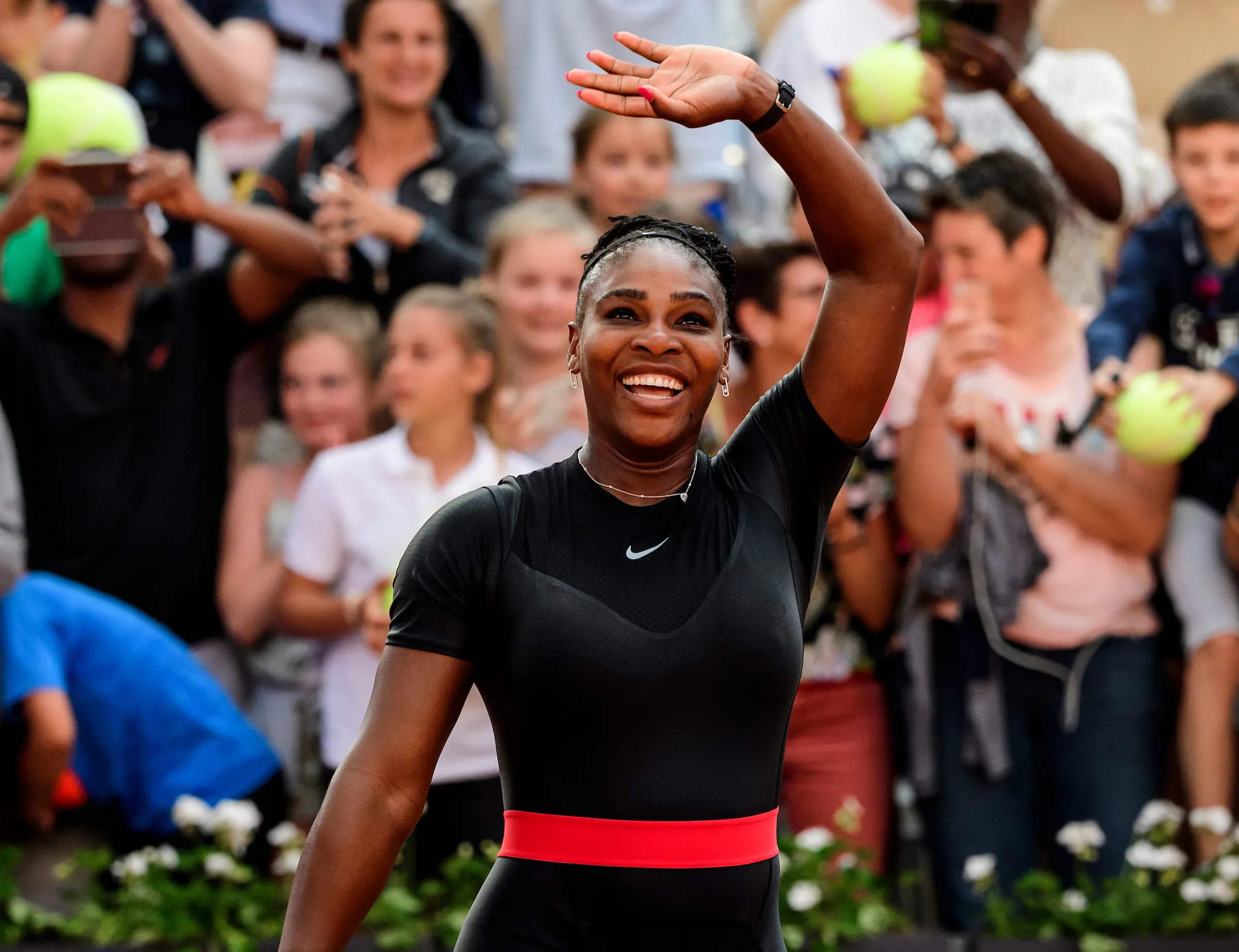Swiatek Facing 'Blatant Misogyny' For Being Too Good Says Furious Petkovic
WTAWednesday, 12 June 2024 at 07:00
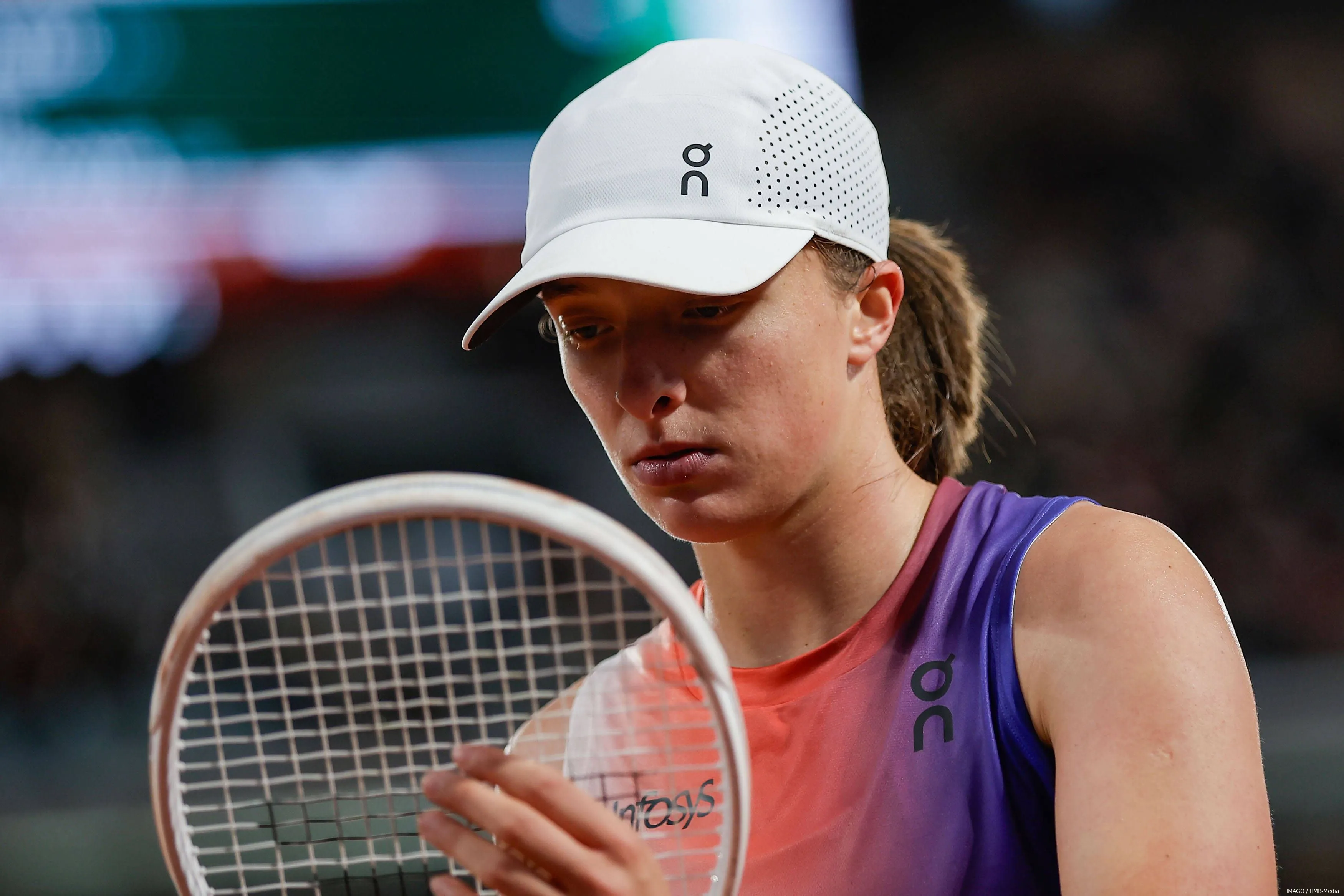
Andrea Petkovic is enraged at the criticism levied on World No. 1 Iga Swiatek in the wake of her dominant Roland Garros title win.
For the fourth time in five years, Swiatek was the last woman standing at the clay-court Grand Slam. She beat Jasmine Paolini handily in Saturday's final to become the youngest woman in the Open Era to win on the Parisian clay on four occasions.
Aside from her great escape in the second round, in which she saved a match point against Naomi Osaka, the Pole was hardly troubled during the fortnight, dropping a combined 17 games from the third round stage until the final.
This prompted widespread criticism online among fans despite Swiatek being showered with praise by her fellow peers and pundits. Some tennis naysayers suggested that the 23-year-old's title run was becoming monotonous and boring, which left the retired WTA star seething in her column on Substack.
Petkovic, who has previously called some of Swiatek's matches from the television booth, termed the accusations and complaints "blatant misogyny" simply because her counterpart is an expert and a good one in her profession.
"A thing that has not only made me unhappy but straight-up furious is the blatant misogyny that Iga Swiatek is facing for BEING TOO GOOD AT HER JOB."- Petkovic wrote on Substack
Read also
Petkovic channeled her outrage to explain how former men's World No. 1 Novak Djokovic regularly defeated the younger generation, even at the most recent Roland Garros, where he won two matches while playing with a knee injury, but the same discourse never cropped up.
"I never heard anybody complain when nearly forty-year-old Novak Djokovic beats young talents on one leg because he’s that good but when a woman cruises through the field suddenly WOMEN’S TENNIS IS BORING and Iga Swiatek is not good for tennis."
Moreover, the 36-year-old highlighted a conflict of opinion on how women's tennis suffered for many years due to underperforming former champions. Several fans ridiculed that, only to change the tune now that there is a semblance of consistency at the top.
"Do you remember the time when everybody was complaining how women’s tennis had no real champions and the major tournaments were too wide open for anyone to take? Now, this may come as a surprise: but you can’t have it both ways."
Read also
Loading

